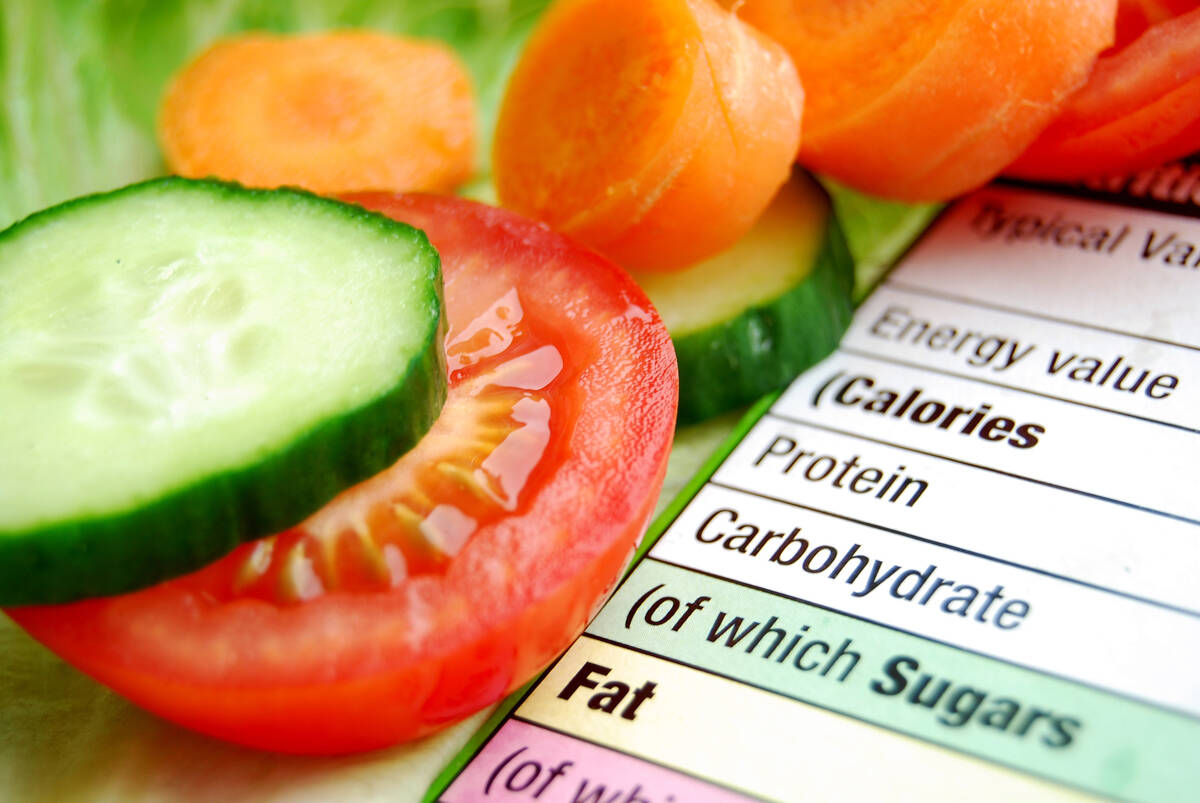How does your diet rate on the Healthy Eating Index?
With each passing year, I’m reminded that I want to be around for many more.
I recently listened to a fascinating webinar: “Keeping Life in Your Years: Dietary Factors Affecting Healthspan and Longevity” by Dr. Tory Hagen, professor of biochemistry and lead researcher for the Healthy Aging Research program at Oregon State.
Lest we dismiss this information as just for old people, Hagen reminds us that the natural, irreversible process of aging begins in our 30s. In fact, he defines “middle age” (when we begin to experience physical deterioration) as those years after our 30th birthday. Gulp.
Among other factors that affect how fast and well we age, Hagen’s team is especially interested in diet. In fact, he says that our day-to-day food choices have an extremely strong influence on our overall health.
“A high-quality diet (compared to a low-quality diet) causes you to have a 37 percent decrease in mortality incidence (dying) after the age of 65,” Hagen says. “That’s quite good! And this decreased risk of dying is associated with a lower risk for chronic diseases such as diabetes, heart disease and cancer.”
In other words, when we focus on eating a higher quality diet, we have a higher chance of staying well.
How do we know if we have a high- or low-quality diet? Researchers use a tool called the Healthy Eating Index to see how well we align with the USDA Dietary Guidelines for Americans. On a scale of 0 to 100, a score of 80 or higher indicates a high quality diet. A score of 50 or less is considered a poor quality diet. In the latest survey of Americans, those of us over age 60 scored a 59.5.
How can we improve? A recent article in the Journal of the Academy of Nutrition and Dietetics describes how the Healthy Eating Index is scored. If you eat around 2,000 calories a day, for example, you get a maximum score if you eat about a cup of fruit a day (bonus points for whole fruit rather than juice). Your best score for vegetables is a little over 2 cups a day with extra points for greens and beans.
You’ll score high if you eat at least 3 ounces of whole grains each day, which includes cereals, breads, crackers and popcorn and 5 or more ounces of protein foods each day, which includes beans and peas as well as lean meat, poultry, eggs and soy foods. Tally additional points if you include seafood and plant-based proteins in your diet. Maximum points are also earned for eating a higher percentage of poly- and monounsatured fats than saturated fats.
Leave out any of these food groupings and your score for each group drops to zero.
Who cares? We should, Hagen says, if we want to live the rest of our lives with vigor.
Barbara Intermill is a registered dietitian nutritionist and syndicated columnist. Email her at barbara@quinnessentialnutrition.com.













